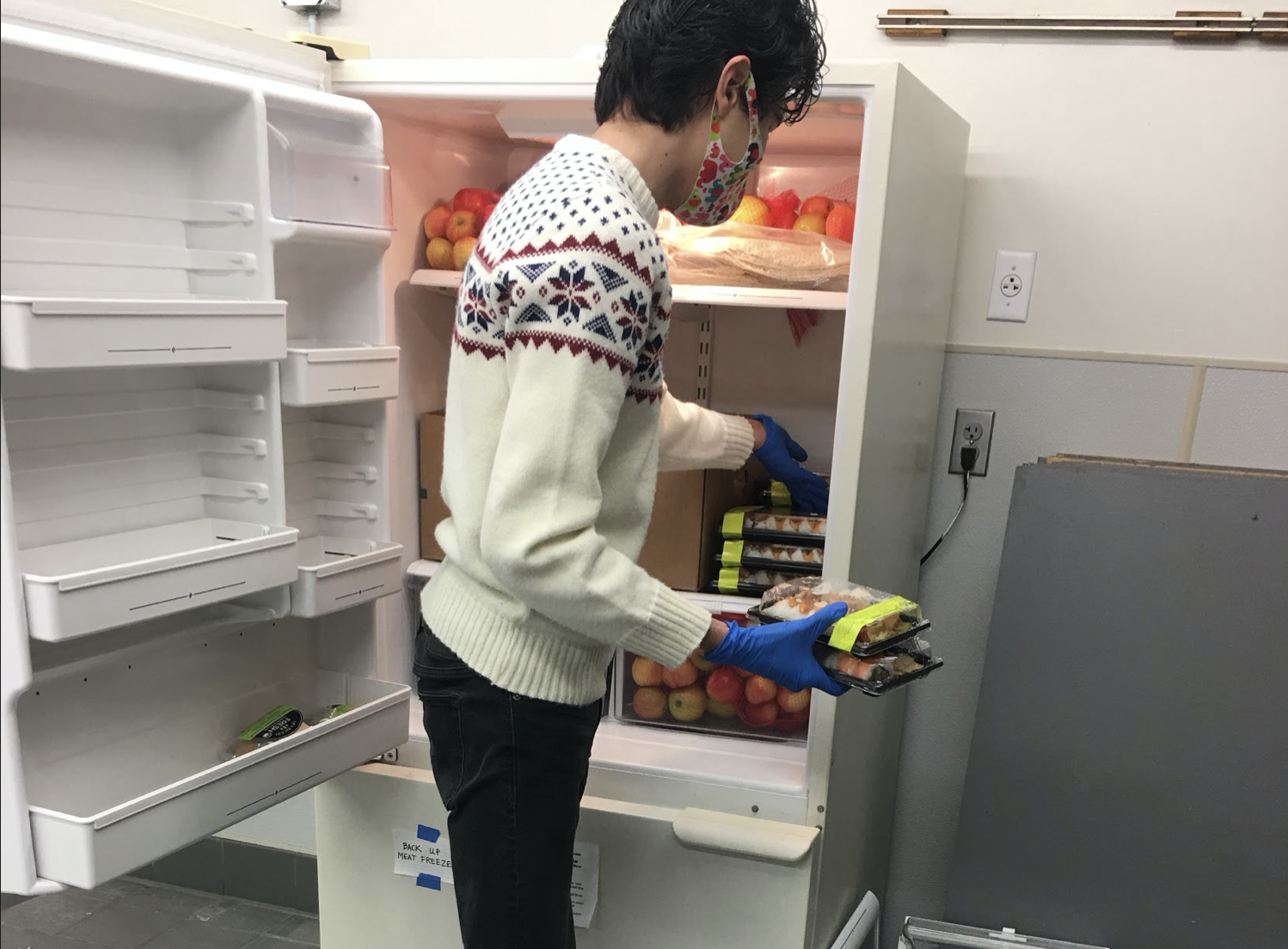Polk County sees almost even distribution of Republic and Democratic voting
Carpintero de Sydney | Editor de noticias
Last Saturday, Nov. 7, media outlets across the country announced former Vice President Joe Biden as the projected winner of the 2020 presidential election. The Associated Press reported President Elect Biden had amassed over 76 million votes as of Nov. 10, surpassing former First Lady Hilary Clinton’s near 66 million votes from 2016.
Currently, the national popular vote in the 2020 election is separated by 3.3% with mail-in and absentee ballots still to be counted.
Historically known as a blue state, the popular vote in Oregon was separated by 16%, with the Democratic Party nominee receiving 1.3 million votes and the Republican Party nominee receiving around 945 thousand votes, according to results.oregonvotes.gov.
In Polk County, the voting margins were similar to the national voting margins; Polk County, a predominately red area, had high voter turnout on both the Demoractic and Republican sides, resulting in a purple presidential race.
In 2020, the Democratic nominees received 47% of the total 48 thousand Polk County votes in comparison to the Republican nominees receiving 49%. In 2016, current President Donald J. Trump received 47% of the total 41 thousand Polk County votes available in contrast to running mate Hilary Clinton, who received 40% of the total votes available in Polk County, with the remaining 13% spread between independent candidates.
Between each recent presidential election year, Polk County saw a 17% increase in voter turnout. Statewide, Oregon saw a 1% increase in voting from the 2016 general election to the 2020 election. Nationwide, it’s been reported that there has been an 18% increase in voter turnout from the 2016 presidential election. Trump attributes this to voter fraud, citing Pennsylvania as his most relevant example.
“We were up by nearly 700 thousand votes in Pennsylvania,” said Trump in a White House briefing room on Nov. 5. “I won Pennsylvania by a lot and that gets whittled down to, I think they said now we’re up by 90 thousand votes, and they keep coming and coming and coming, they find them all over, our numbers started miraculously getting whittled away in secret.”
However, none of the president’s claims or lawsuits have been contested by any of the courts due to lack of evidence. Currently, Biden and Vice President Elect Kamala Harris are projected to be the next leaders of America come January 2021 ⏤ unless Trump’s team provides evidence of massive voting fraud taking place in the major swing states of Michigan, Pennsylvania, Georgia, Nevada and Arizona.

Póngase en contacto con el autor en howlnews@mail.wou.edu



